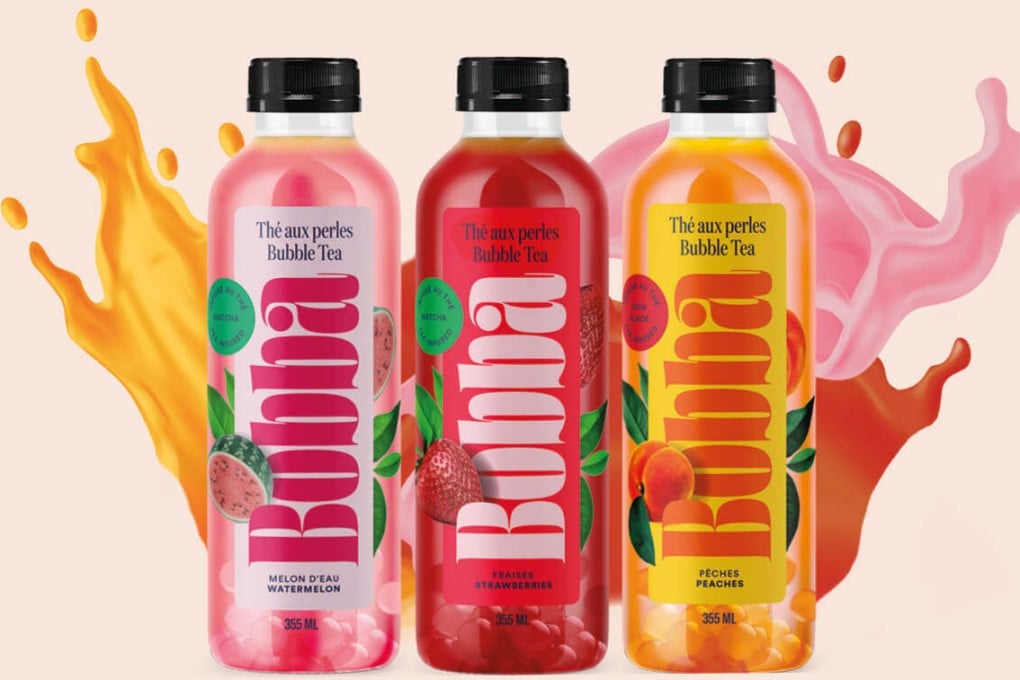Reflections | Why bubble tea cultural appropriation case feels odd and boba should only offend Amy Yip
Accusations of cultural appropriation aimed at a Canadian brand’s boba tea don’t sit right in Asia, where ‘borrowing’ cuisines is normal

My key takeaway from this is: how something looks is more important than what it really is.
It does not matter that Bobba’s partner is based in Taiwan and creates the recipes. If the “optics” are problematic, then that is not good. If one or both of the presenters had been ethnic Chinese, then the issue of cultural appropriation would not even have come up.
I do not pretend to fully understand the dynamics of race relations in Canada, the United States and other white-majority countries, which are a noxious mélange involving skin colour, history, socio-economic status and power.

Ethnic minorities in these countries harbour real grievances informed by decades and even centuries of horrific abuse and prejudice, many of which persist to the present day. These grievances manifest themselves in ways specific to these countries.

